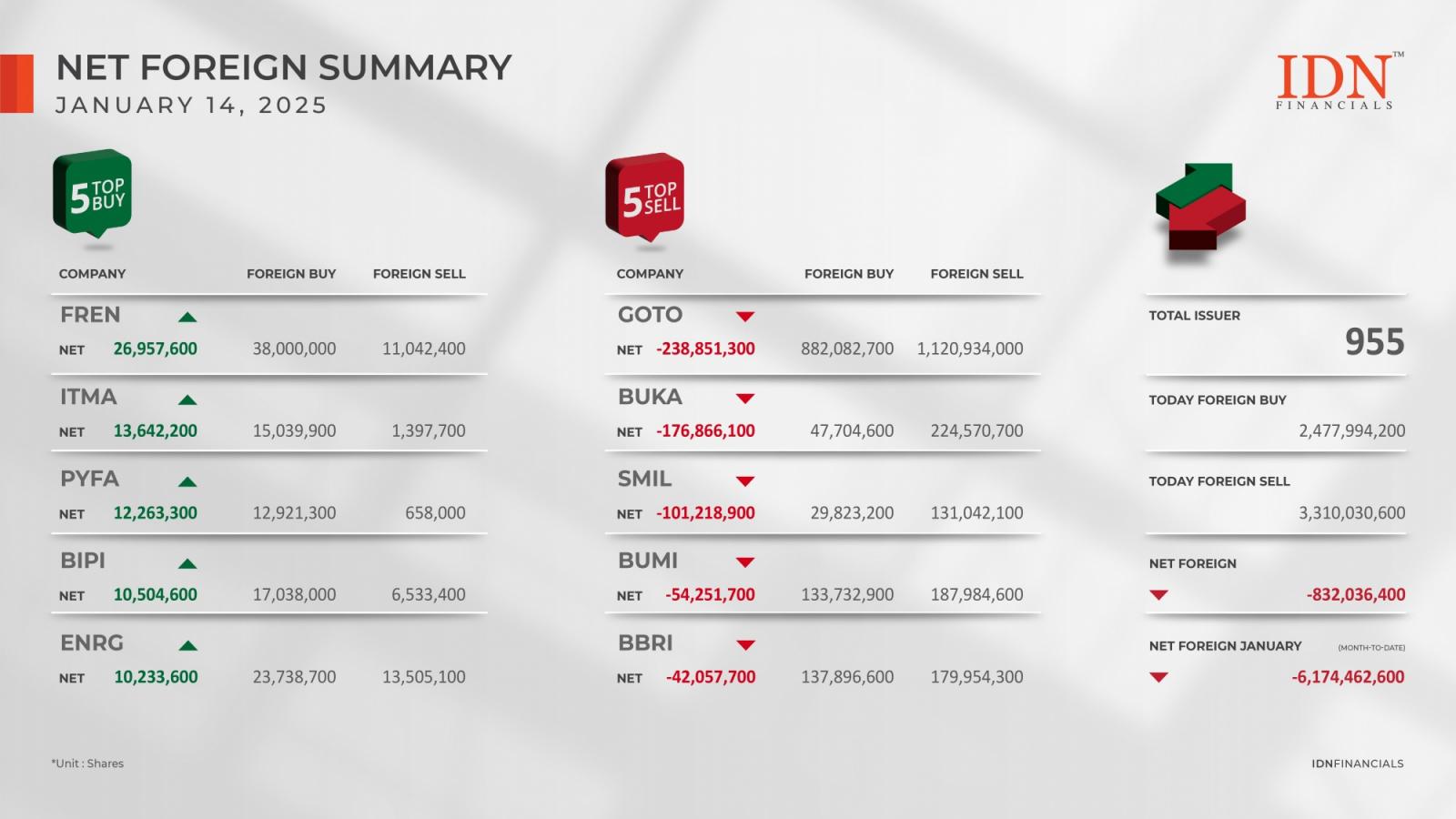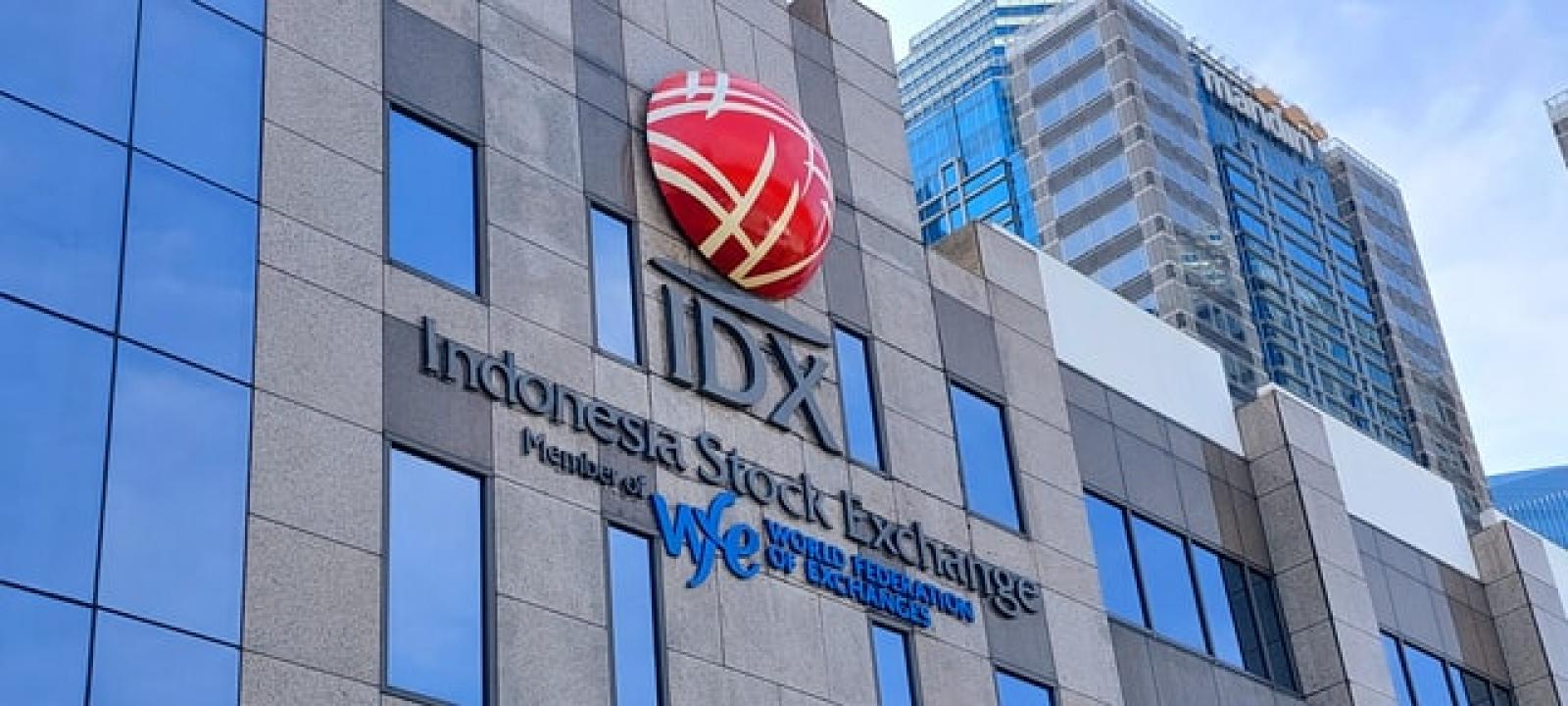By Nick Carey
BERKHAMSTED, England (Reuters) - Electric vehicle drivers unable to install a charger at home are turning instead to stopgaps offered by U.S. and European firms as alternatives to often expensive or inconvenient public charging points.
The solutions include online platforms allowing people to rent out their chargers, \"pavement gullies\" for properties with no driveways and even mobile charging.
While such services could put a dent in the global public charging infrastructure problem, they will not achieve the massive scale required to solve it any time soon.
Indeed, the lengths these startups are going to squeeze out more charging capacity underscores the continuing difficulty, despite public subsidies, of developing the ubiquitous charging network needed to support a full transition to EVs.
The U.S. and Europe are subsidizing both public rapid-charging and slower on-street charging networks, but their development has been hobbled by a myriad of national and local rules and what the UK\'s House of Lords described in a recent report as \"outdated and disproportionate planning regulations\".
Many prospective owners are avoiding EVs and sticking with fossil-fuelled cars, a major factor slowing EV demand globally.
Ride-sharing giant Uber (NYSE:UBER) has earmarked $800 million through 2025 to help its drivers switch to EVs but has found that many live in urban \"charging deserts\", said Uber\'s global sustainability head Thibaud Simphal.
Uber said its efforts to partly finance local authorities\' charging projects have been bogged down by bureaucracy.
Veteran Uber driver David Dario Cuny wants an EV, but has nowhere to charge near his apartment in a Paris suburb.
\"I would make the switch tomorrow,\" he said, if charging were available.
Clare Tan had similar concerns before she leased her BYD (SZ:002594) Atto 3 SUV. She lives in an apartment but found a homeowner renting a charger near her workplace north of London.
Tan used an app called Co Charger, where about 5,500 \"hosts\" list chargers for rent. \"People need confidence they can charge affordably to buy EVs,\" said CEO Joel Teague.
Home charging, while slow, is by far the best option because the power is cheaper. Public fast chargers can substantially charge an EV in less than a half hour but can cost 10 times as much, nullifying fuel-cost advantages over gasoline cars.
\"I couldn\'t afford an EV if I used rapid chargers,\" said Tan, who said her charger rental was about half the cost.
CHARGING GAP
There is no shortage of drivers like Tan or Cuny.
In a 2023 Ipsos survey, 39% of 4,000 British drivers polled said they would switch to an EV if they did not have to rely exclusively on public charging facilities.
And in a U.S. national 2022 poll by Ipsos, 37% of drivers asked what would encourage them to buy a fully-electric car or a plug-in hybrid said the ability to charge it at home.
Heather Hochrein founded Redwood (NYSE:RWT) City, California-based EVmatch in 2016 to connect charger owners and renters. It was slow to take off, so she built a business setting up and running thousands of chargers for apartment complexes in 47 U.S. states, which EVmatch also rents to the public through its app.
Such peer-to-peer charging companies say they have seen strong growth, but their upside may be limited. Charger sharing requires a critical mass of homeowners willing to rent chargers in a particular area because customers typically need to be able to walk somewhere while their car refuels.
Some 30,000 of the 600,000-plus chargers in around 20 European countries on Danish firm Monta\'s charging app are peer-to-peer private chargers, but CEO Casper Rasmussen said growth is much slower in markets like Germany, where homeowners require an expensive license to rent out their chargers.
Charge Fairy serves EV drivers more focused on convenience than cost. The mobile service fields five vans full of batteries in London that can rapidly charge EVs wherever they are parked.
Demand has been strong, and Charge Fairy says it cannot take on any more retail customers until it can add more vans.
CEO Ed Lea said Charge Fairy, which also serves corporate customers such as car-sharing firm Zipcar, is talking to three luxury automakers about developing a concierge charging service.
Other companies want to expand the number of homes that can install chargers. British startup Kerbo Charge is among those using pavement gullies - a narrow, square tube sunk into the sidewalk to carry a charging cable to the street from a home.
A handful of such UK startups are running pilot projects with local authorities.
Kerbo Charge has approval from the U.S. city of Philadelphia to install gullies and expects agreements with local authorities in Britain soon, said company director Michael Goulden, adding: \"No one\'s going electric if they can\'t charge at home\".





